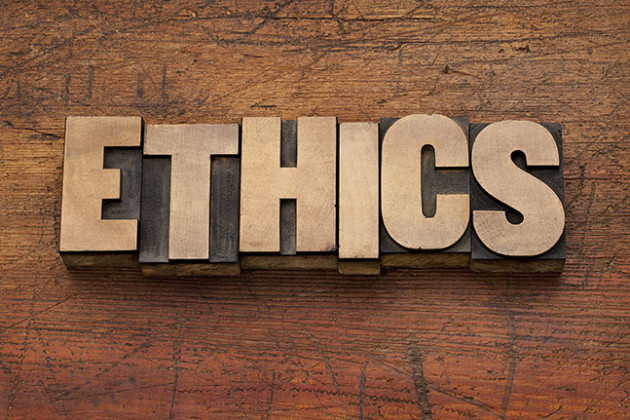
Top Sources to Learn from in 2020 – on ‘Social Purpose’
January 31, 2020
5 Tips For Using Instagram for Business
February 13, 2020Ethics are the moral principles governing a person’s behaviour that determine how an activity is conducted. It is also a branch of knowledge that deals with moral principles. In our practical lives, it is the difference between the dos and don’ts, the right and wrongs, the proper and improper, the fair and unfair, and the good and bad. Ethics in public relations form the most important attribute that a public relations professional must possess.
While being ethical is crucial for any profession, it becomes even more important when it comes to professions like Public Relations, as PR deals with communicating information to the masses which is a great responsibility in itself. However, there are umpteen instances of irresponsible behaviour and I have seen professionals crossing the ‘ethical’ boundary in order to achieve high targets.
Interesting Read: Why a Career in Public Relations is Awesome!
It has become quite frequent in the Public Relations business today to indulge in practices that traverse the moral grounds of conduct. In this profession, some of the common ethical issues range from following ethical ways of developing and maintaining media relations to disseminating the ‘correct’ information to the masses.The issues mentioned below are a few among the many that need attention today:
-
Paying for News:
The purpose of journalism is to provide information to the masses. It is important for practitioners to understand the difference between a media pitch and paying for a story in ‘cash or kind’. Pressurised by client demand in some instances, for high volume media outputs, some PR professionals pay vulnerable journalists in cash or kind leading to a malpractice.
-
Transparency ~ Ethics in Public Relations:
The very basis of ethical Public Relations is mainlining transparency with all its stakeholders. PR professionals are often accused of withholding information from the public or distorting the truth which is referred to as negative spin.
-
Inflating the fee of the work performed or under-performing:
A lot of corporate houses today pay PR companies on the basis of the number of hours they spend on a particular PR activity. It is very common to find PR professionals overstating the cost of the total work by inflating the ‘time spent’ on a particular activity or not delivering on a plan or promise because they know the client can be helpless at times.
-
Corruption:
There is also a kickback system where certain PR firms win a mandate based on a promise the consultancy head makes to a client, to pay back a part of the retainer in order to win a client.
The practices mentioned above are possibly going to be an epidemic if these are not nipped in the bud.
It is important to eradicate this problem while it is still not rampant. One effective way to address this problem is to teach the importance of ethical behaviour during the foundation years of young professionals. It is also important to chalk out the ethical principles of an organisation, and the implementation of these principles at every level. It will also be helpful if leaders of PR firms can take the responsibility of accomplishing this task by micro-managing the situation and making ground rules for young professionals on a case to case basis. PR firms should come together to create a code of ethics in public relations that every professional signs up and keeps. Lastly, the heart of ‘ethical practice’ for a PR expert lies in asking oneself the question, “Am I doing the right thing?”
Read more about Public Relations at Reputation Today Magazine
Also follow Global Alliance – Resources on Ethics for more guidance and knowledge on ethic practices globally. Because #EthicsMatter
This blog is a part of insights on Public Relations shared by SCoRe. Know more about what we do to spread PR Knowledge: www.scoreindia.org



